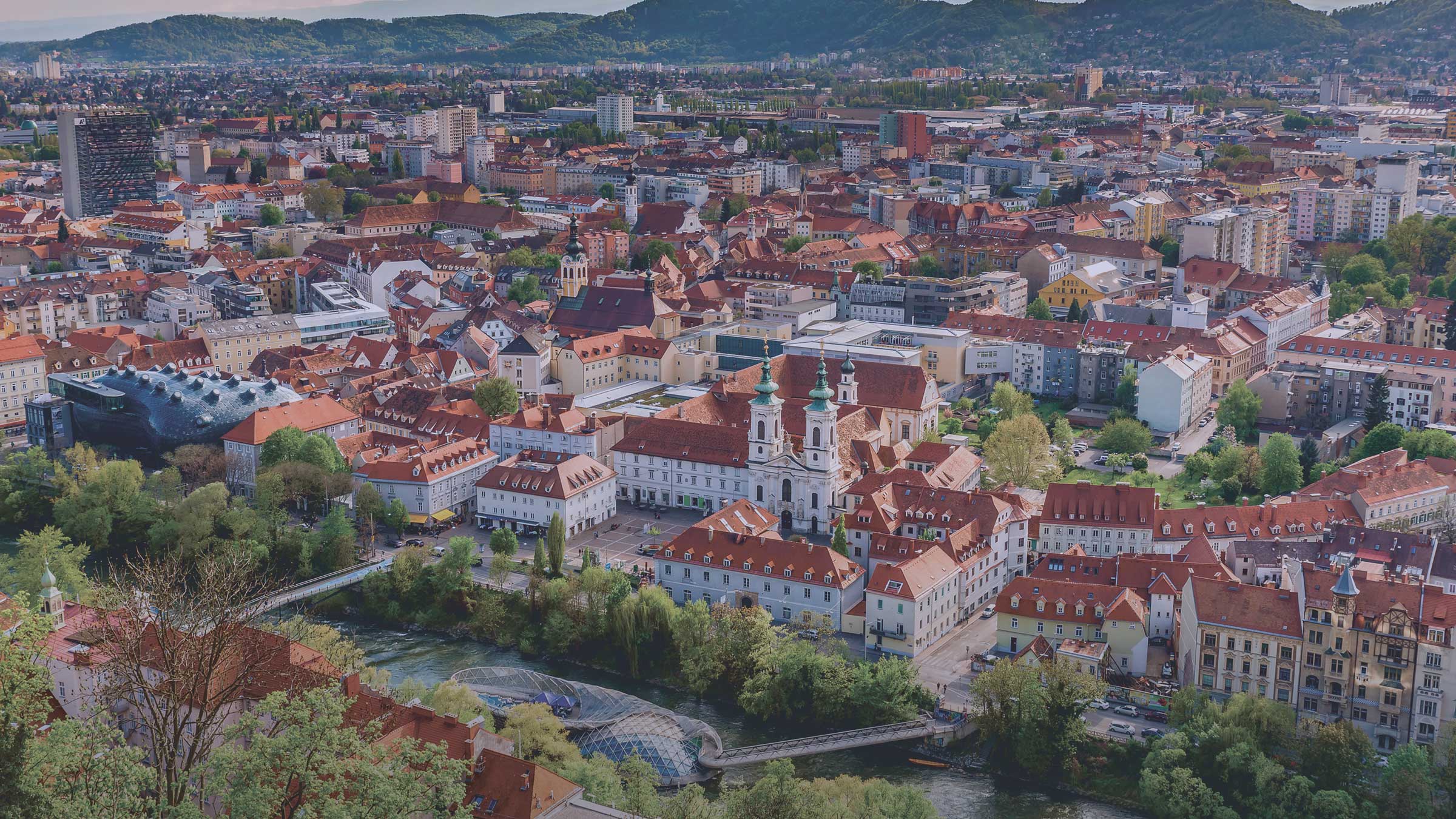
Graz
Austria
It’s home to over 60,000 students across multiple institutions and a uniquely structured innovation landscape built around five areas of excellence that connect academia with applied research and corporate R&D. These areas, led by Green Tech Valley, ACstyria Mobility Cluster, Human Technology Styria, Creative Industries Styria and Silicon Alps, form a coordinated platform that links research with commercialization across sectors. Unlike in larger cities where ecosystems can be fragmented, Graz offers short pathways between research labs, testing facilities and industrial partners, making it incomparably efficient for turning complex ideas into viable businesses.
Graz’s economic-development strategy is shaped by this layered, interlinked structure. As a result, startups here don’t scale in isolation: they plug into a broader network that includes global suppliers, industrial partners and policy advocates from day one.
Austria’s R&D hotspot
Graz is the capital of the province of Styria, which invests more than 5% of its GDP in research and development, while Graz itself invests over 8%, one of the highest ratios in Europe. This regional priority translates into real opportunities for startups, from access to technical infrastructure to partnerships with major corporations and funding pathways that reward high-impact innovation.
Austria itself offers strong national support through financing and innovation agencies such as AWS, FFG and the Styrian SFG, but Graz adds another layer of local backing through the Department for Economic and Tourism Development. The department acts as an independent contact point, interface and connector, offering support along the growth journey of all companies, whether planned for the future, existing or scaling. The presence of multiple stakeholders and ecosystem players (including SFG, Gründungsgarage, Social Business Hub, Science Park Graz and several city programs) positions Graz as a launchpad for sustainable, scalable growth in Europe.
Talent and idea conversion
Graz is home to more than 60,000 students across eight universities, including the Technical University Graz, the University of Graz and FH Joanneum. These institutions are deeply involved in the local innovation scene through spinoffs, research partnerships and active participation in entrepreneurship education.
The master's in Digital Entrepreneurship and Innovation at FH Joanneum is just one example of how the academic ecosystem prepares graduates for startup life. TU Graz also plays a leading role in technology transfer and co-develops hardware and mobility startups through its partnerships with incubators like Science Park Graz. The result is a tight feedback loop between education, innovation and application, especially in sectors like automation, life sciences and greentech.
From pitch nights to policy rooms
The culture of entrepreneurship in Graz is grassroots-driven and collaborative. Nonprofit groups like Ideentriebwerk run regular events, pitch nights and founder meetups that help newcomers find cofounders, test ideas and build networks fast. Their Startup Playground and Startup Spritzer events have become a rite of passage for early-stage founders. Additionally, Gründungsgarage supports early-stage founders through mentoring, workshops and networking to develop and validate innovative business ideas.
National and regional programs are made visible through community events and platforms like the UNICORN Startup & Innovation Hub, a central space in the city for coworking, mentoring, university spinoffs, and ecosystem development. UNICORN connects industry and startups, often in collaboration with other partners, and functions as a stage for investor events and showcases, often in collaboration with economic agencies or clusters.
Making urban innovation tangible
Graz has a strong focus on urban impact and is on track to achieve climate neutrality by 2040, in alignment with the European Union's goals, but with its own administration has set an even earlier target of 2030. This ambition is backed by initiatives like the Klima-Pakt #bindabei, which invites citizens and businesses to take climate action; and the Clean Air Through Clean Energy initiative, a cross-institutional push to green the district-heating network.
The Seddwell Center, created by base Graz, a community hub and multifunctional space located in the district of Gries, offers a different but equally important contribution: it provides an inclusive space for community-led projects in sustainability, health and integration. The center doubles as a welcome point for international residents and functions as a living lab for collaborative urban development. It reflects a broader truth about Graz: innovation here is as much about social cohesion as it is about product-market fit.
Where research meets resilience
From health diagnostics to AI-powered engineering, Graz’s startup strengths mirror its academic depth. Companies like Nuki (smart locks), Easelink (automated EV charging) and SmaXtec (dairy-health monitoring) are just some of the homegrown ventures translating technical excellence into commercial viability. Emerging startups such as Multivative, RobotDreams and Predicting Health represent the next generation of founders applying AI and automation to concrete global problems.
These companies benefit from Science Park Graz infrastructure, a financing landscape that includes local venture firms (e.g. eQventure, Situlus Holding, and Zen11), and national funds. Public-private collaboration is a key asset: the city’s willingness to engage startups in building better infrastructure, from climate planning to mobility systems, makes it possible to create ventures that are both profitable and aligned with local impact goals.
Start here, grow anywhere
The city’s integration of applied research, deep-tech infrastructure and community-led initiatives makes Graz one of the most balanced environments in Europe to start and grow a company. Technical founders, purpose-driven teams or students with an idea and no business plan will find that Graz has the density, the openness and the long-term vision to support them.
Facts and Figures
There are more than 60,000 students attending universities across Graz (Studying in Graz, 2024) with one in five inhabitants being a student.
As a UNESCO City of Design, the creative and design scenes play a special role. Around 15% of all Graz companies are active in the creative industries.
Graz's quality of life secured the 11th position out of 66 cities in the Expat City Ranking 2020.
Styria invests more than 5% of its regional GDP in research and development, almost twice the Austrian average (3.26%).
As of early 2025, the city of Graz has a population of more than 306,000. Approximately 29% are non-Austrian (14% are EU citizens and 15% are non-EU nationals) (City of Graz, Presidential Department, Department of Statistics, 2025).
Startups
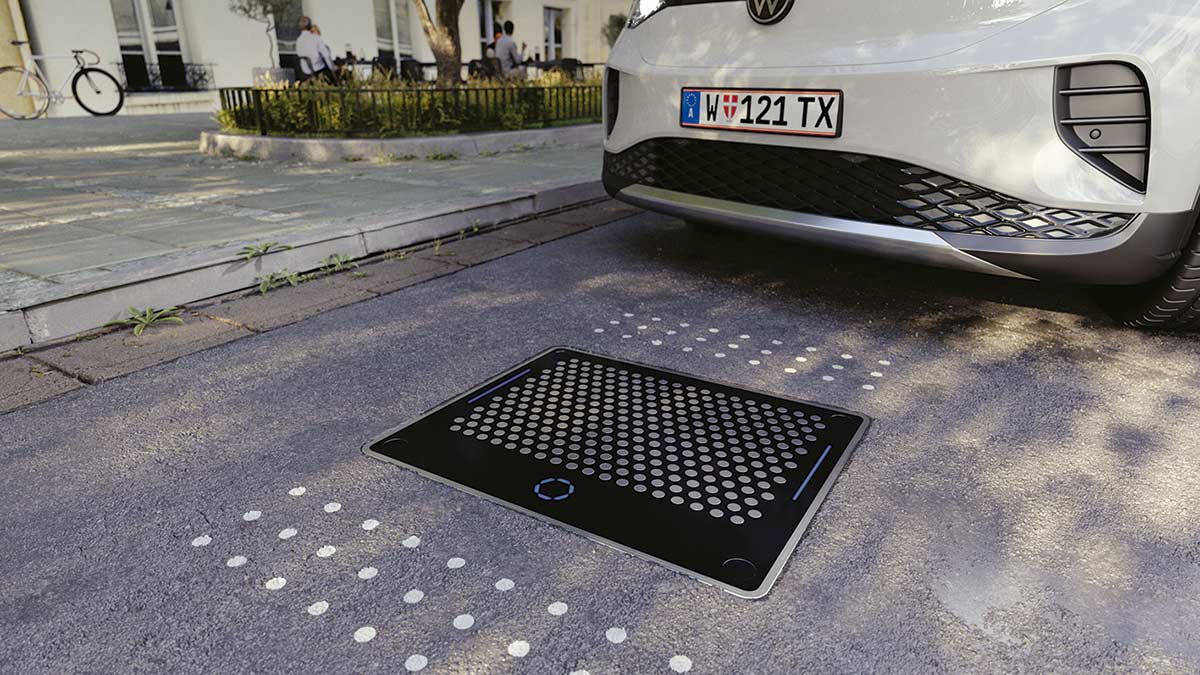

Easelink’s pioneering Matrix Charging® system enables handsfree, automatic charging of electric vehicles (EVs). The car charges automatically via a unit lowered onto a pad on the parking surface, removing the need for cables or plugs. The technology supports both factory-installed and retrofit options.
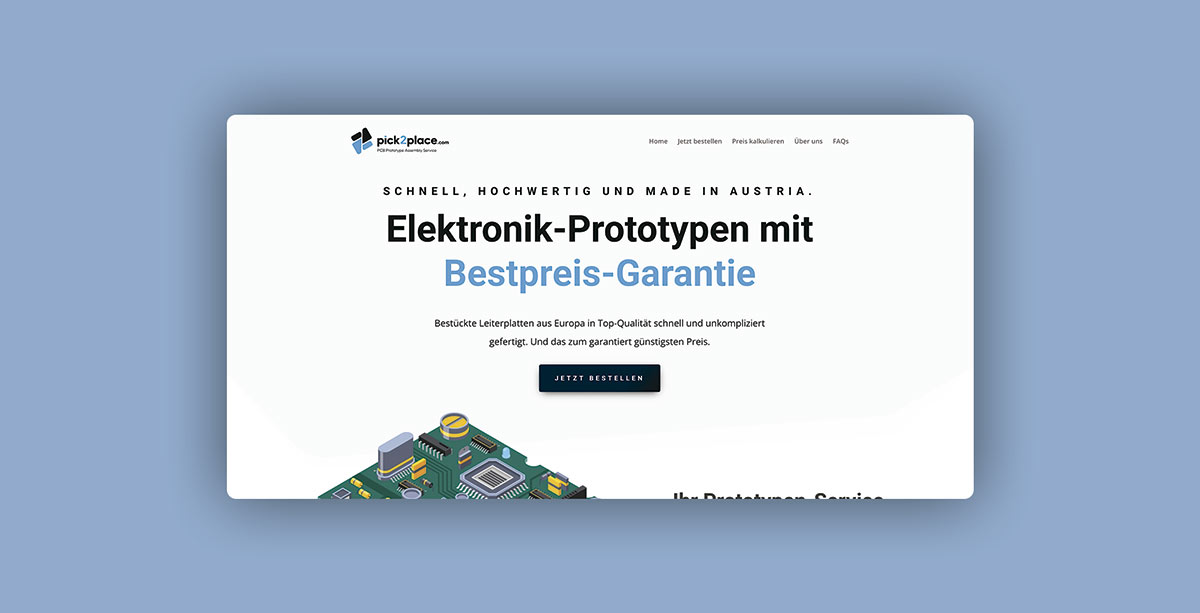

Multivative streamlines hardware prototyping through its Pick2Place service. It has developed its own assembly machine and software specifically for efficient electronic prototyping and provides this capability as a service, accelerating product-development cycles by combining cutting-edge automation with accessible, affordable prototyping.
Claudia-Gansberger.jpg)

Predicting Health develops AI-driven tools for medical risk assessment in clinical settings. Its Personalized Risk Tool (PRT) analyzes patient data to predict potential health complications, assisting healthcare professionals in early intervention and improving patient safety.
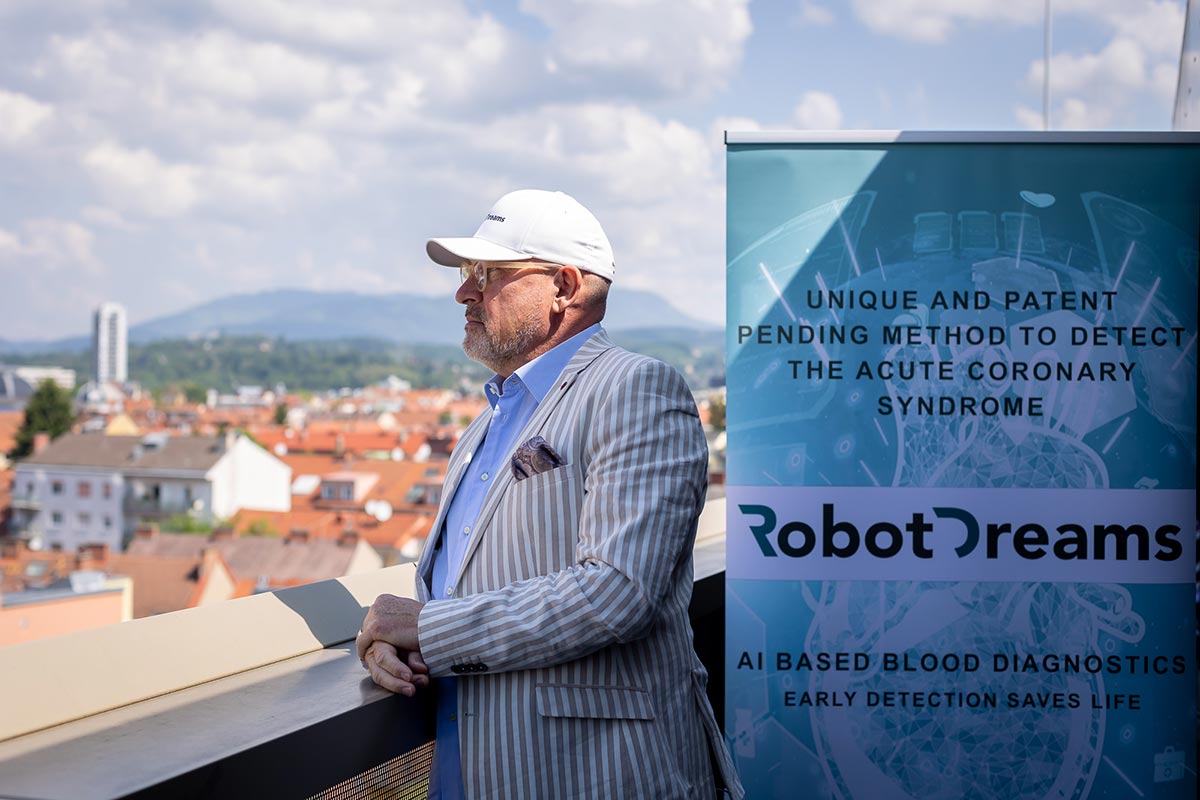

RobotDreams develops AI-based software that analyzes blood samples with high precision, advancing the future of medical diagnostics. The modular platform THOLAN LAB transforms hematological data into intelligent diagnostic models for both in vitro and in vivo applications, enabling more accurate and accessible diagnostics.
PeterReiter(2).jpg)

Trever provides essential infrastructure for financial institutions to operate with digital assets: the Digital Asset Operating System. It enables them to trade, transfer and monitor cryptocurrencies, tokenized securities and other digital assets within a single integrated system.


This platform showcases and sells high-quality art prints from emerging artists in the German-speaking region. It offers them a free marketing space that boosts their visibility and provides an additional source of income. Emphasizing sustainability, the prints are produced locally and on demand in Graz using fine-art materials.
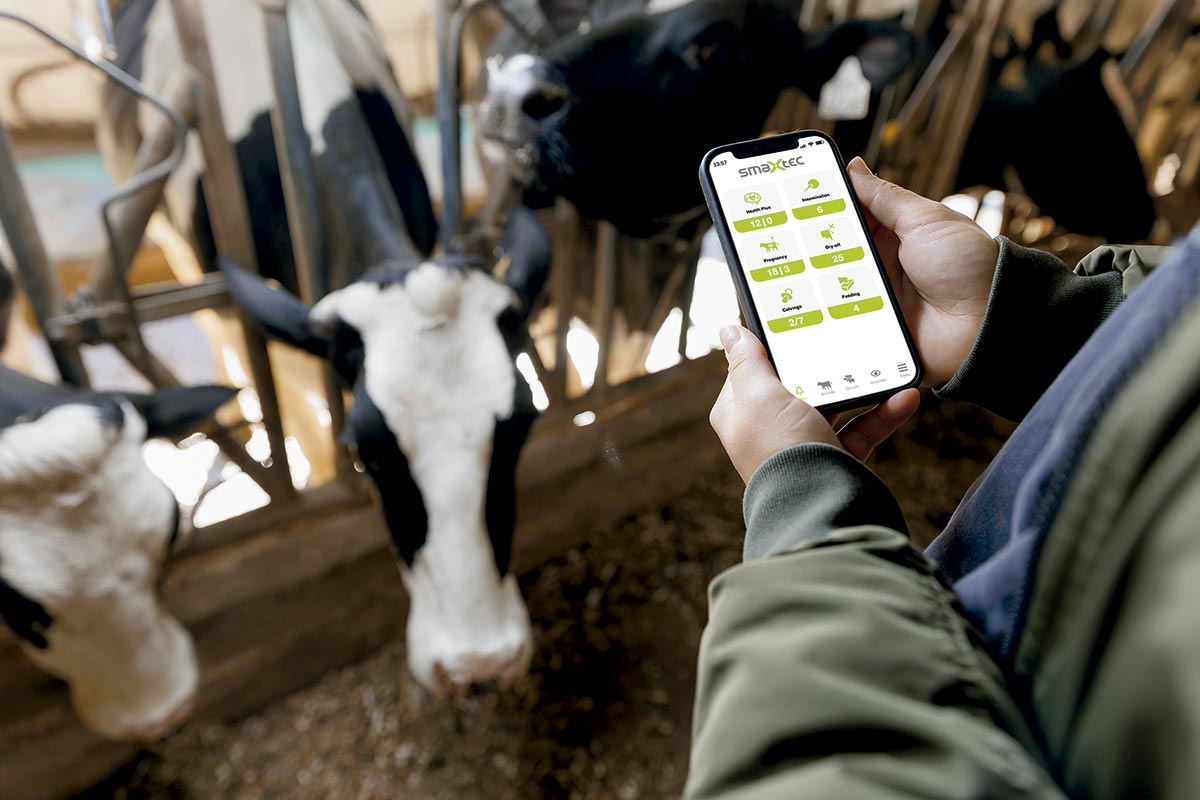

This health-monitoring system for dairy cows uses an ingestible sensor to measure temperature, drinking behavior, rumination activity and pH levels. This information aids farmers in early disease detection, optimizes feeding and improves overall herd health, enhancing both productivity and animal welfare.
Interviews
Programs to know about
Bachelor graduates from various disciplines
This master’s program at FH JOANNEUM university focuses on developing digital business models and fostering innovation. It combines practical learning with individual coaching and teamwork in multidisciplinary projects. Students gain skills in areas like digital technologies, design thinking and entrepreneurship.

Students and researchers with innovative business ideas
The Gründungsgarage is a nonprofit association with an academic accelerator program for students and researchers in the preseed phase. It combines workshops with mentorship from experienced entrepreneurs and experts, fostering the creation of sustainable companies and strengthening the regional economy.

Researchers, engineers and tech entrepreneurs
Science Park Graz is part of ESA BIC and AplusB, a nine-incubator Austrian network that focuses on innovative, technology-oriented start-ups coming out of academic settings. The 18-month-long incubator has an impressive success rate: out of 700 supported startups, nearly 90% are still active.

Entrepreneurs developing solutions for social or environmental issues
Social Business Hub Styria runs the Social & Green Business Incubation program and network. Incubated ventures receive extensive support in terms of professional business coaching, specialist workshops, office space for up to 12 months and an invitation into the hub’s network.

Funding Opportunities


SFG, an economic-development agency owned by the region of Styria, supports Styrian companies through direct subsidies, financing programs, and connections with investors and research institutions. It focuses on sustainable, future-orientated development and ecological and socially responsible projects.


Situlus Holding, an independent firm founded in Graz, invests in tech startups and medium-sized companies across Germany, Austria and Switzerland. It acts as a business angel, providing strategic know-how, capital and resources, with investments ranging from €0.5 to €2 million.
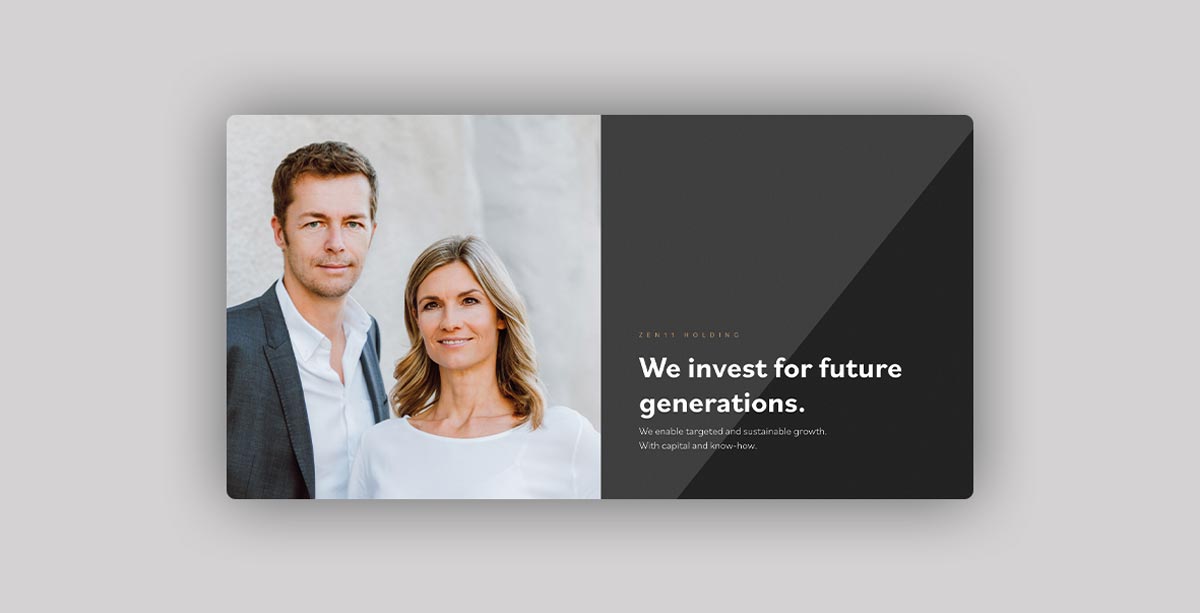

Zen11 Holding is a family office that engages in VC and private equity investments. It focuses on disruptive business models that use innovation to solve social and environmental challenges. Its investments include real estate development and classic asset management.


One of Austria’s leading venture capital firms, eQventure aims to accelerate the growth of Austrian high-tech companies. It specializes in early-stage and growth capital investments and provides operational assistance and access to a global network in addition to financial support.
Urban Impact Solutions
Graz is actively transforming its district-heating system to achieve climate neutrality by 2040. Key projects include the expansion of district-heating networks; the integration of industrial-waste heat through an energetic sewage-sludge utilization facility, which recycles the city's sewage into heat; and the development of renewable energy sources such as geothermal energy. The city's energy plant and utilization facility aim to supply sustainable heat to approximately 30,000 households, reducing reliance on imported natural gas and cutting CO₂ emissions by about 22,000 tons annually.

The Klima-Pakt #bindabei (“I’ll join”) is a voluntary climate-action initiative launched by the City of Graz in 2024. It invites citizens, businesses and organizations in Graz to commit to reducing their carbon footprint and promoting sustainable practices. Participants can become signatories or ambassadors, pledging to minimize their CO₂ emissions and influence others positively. The initiative offers support through events, information and networking opportunities and is designed to complement the city's goal of achieving climate neutrality by 2040. It also guides businesses to strengthen their existing business model through a solid carbon footprint assessment and to identify opportunities for new sustainable business models.

The Migrant Advisory Council (Migrant:innenbeirat) serves as the official political representation for non-EU migrants residing in Graz. Comprising nine elected members, the council advises on city politics and administration, disseminates information to migrants, and fosters better coexistence among all citizens. It actively engages with migrant associations and communities to contribute to a society with equal opportunities. Projects include the e-participation platform Graz Gemeinsam Gestalten (Shaping Graz Together), which collects suggestions and solutions for integration into urban politics and promotes events on equality and anti-discrimination.




